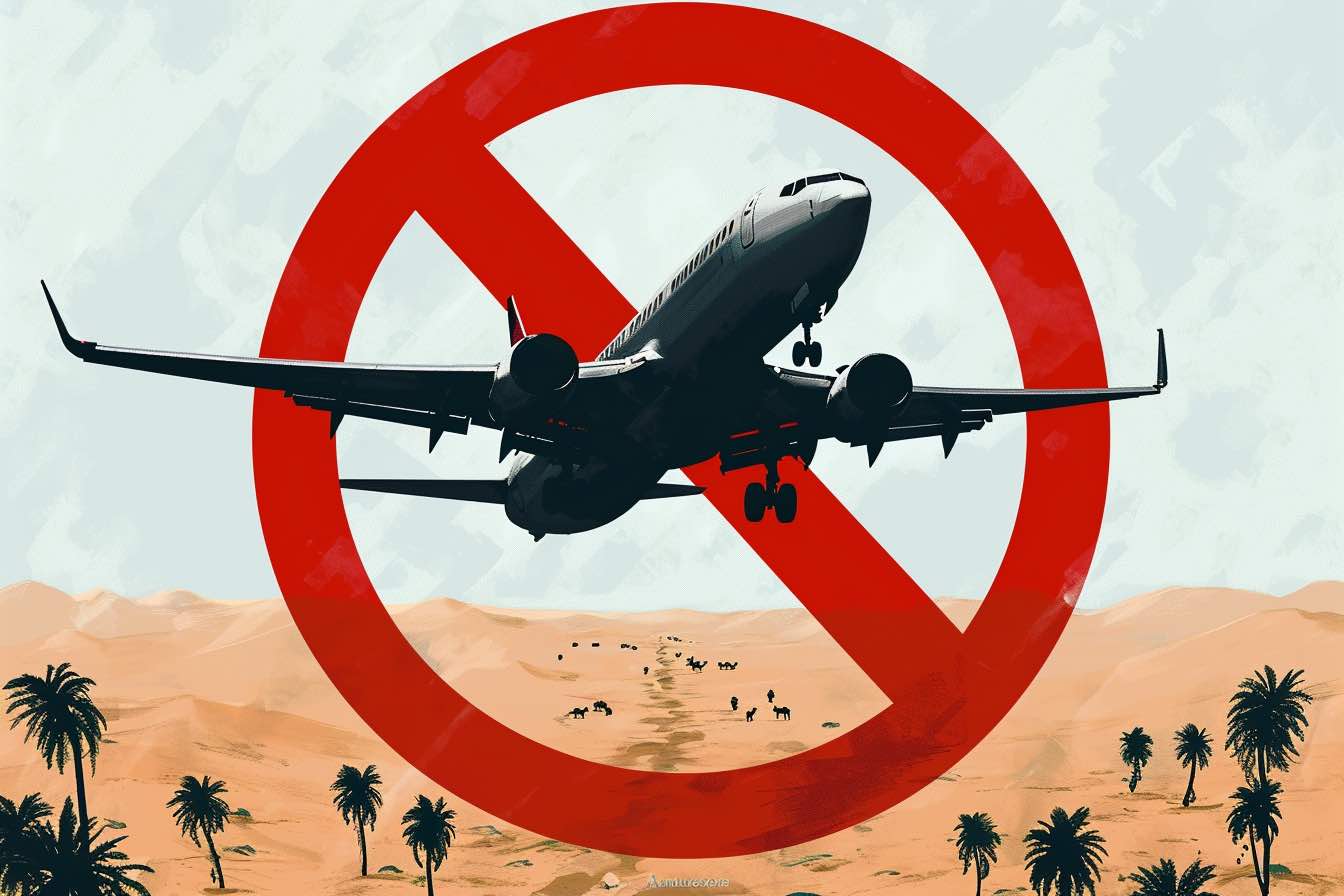Think you deserve a tour refund? Maybe not.
That’s what Robert Grabe discovered when he booked a Rocky Mountaineer tour before the pandemic.
Rocky Mountaineer offers rail tours of the Canadian Rockies, with stops in places like Jasper, Whistler and Kamloops. There’s also a can’t-miss adventure from Denver to Moab, Utah, through the legendary red rocks.
Grabe placed a deposit of $3,618 for a Canadian rail tour. Then the pandemic hit. Rocky Mountaineer canceled his trip and rescheduled him for 2021. Then it canceled his 2021 trip again and tried to reschedule it.
“Each time they rescheduled a trip, we requested a cancellation,” he says, “with no success.”
Grabe wants his money back. That’s a common request even today, years after the outbreak. Tour operators have rescheduled their trips, often without giving their customers an option of a tour refund. Can they do that? And what are Grabe’s options?
Yes, a tour operator does not have to refund your money
Unfortunately, tour operators can keep your money. Or at least they think they can.
Why? Because they say so. It’s written into the contract.
That includes Rocky Mountaineer.
But the 2019 contract — the one Grabe signed — suggests he should get a tour refund.
Rocky Mountaineer may, in its sole discretion, cancel a tour or portion of a tour at any time prior to departure. In that event, Rocky Mountaineer will repay the deposit or charges for the tour or, where appropriate, a reasonable pro rata share thereof.
However, in 2020, the company amended its contract to say, “Other than as a result of force majeure, Rocky Mountaineer will repay the deposit or charges for the itinerary or, where appropriate, a reasonable pro-rata share thereof.”
A “force majeure” is a fancy way of saying an event beyond their control. Meaning Rocky Mountaineer could keep a customer’s money indefinitely and offer a new tour or credit at its discretion. How clever.
So could Grabe get his money back? I’ll tell you in just a second.
Is it legal for a tour operator to keep your money?
Maybe not. Some states and countries have consumer protection laws that don’t allow a tour operator to keep your deposit — even during a pandemic.
For example, if Grabe lived in Massachusetts, he would be entitled to a tour refund no matter what the contract said.
Under Mass 940, the state’s consumer protection law,
(l) the seller will refund to the consumer in cash an amount equal to the fair market retail value of any undelivered, purchased travel service, such cash refund and not to exceed the total amount paid by the consumer for the travel package and such cash refund to be delivered within 30 days …
But if there’s no such law in your state, you are bound by the contract you signed with Rocky Mountaineer — or any other tour operator.
Unfortunately, many tour operators quietly changed their terms after the pandemic. They essentially gave themselves a license to keep a customer’s money and reschedule the trip as often as they wanted. But no tour refunds.
I have more information on tours and their peculiar refund policies in my guide to booking a tour.
How do you get a tour refund anyway?
From a business point of view, it’s easy to understand why tour operators decided to add a “force majeure” clause to their contracts. They never want to face another situation where all of their money could get siphoned away after a pandemic, war, or natural disaster.
That’s a valid concern.
But as a consumer advocate, I have to say: Who cares?
A business can’t just take your money and not give you anything. That’s the reason laws like Mass 940 are necessary. Companies will write contracts that let them keep your money but give you nothing. (And really, isn’t that the perfect business model — nothing for something?)
There are strategies that can help you extract a refund from a company even when it doesn’t want to:
Study your contract carefully and find the escape clause
Here’s another common scenario: A tour operator tried to hold a customer to a 2020 contract when they signed a 2019 contract that didn’t have the “force majeure” clause. Nice try. But unless the customers carefully reviewed their agreement very carefully, they wouldn’t have known their rights. I’ll let you know if that worked for Grabe in a moment.
Invoke your personal circumstances
After the pandemic, many travelers couldn’t go on their replacement trips because of declining health. Tour operators and cruise lines handled those requests on a case-by-case basis, quietly offering qualified customers a full refund. Note: If you go this route, make sure you have ample documentation of your medical condition. It may not be enough to say that you don’t feel up to it.
Make a little noise
Tour operators are notoriously thin-skinned. As a last-ditch effort, you can take your case to the High Court of Social Media and plead your case on Twitter. Most tour operators will respond quickly and try to convince you to take a settlement. Of course, social media has absolutely no legal standing. But you’d be surprised by how influential a tweet like: “HEY, @Mountaineer why are you keeping my $3,618,” can be?
Complain to your state’s attorney general
That can work. I remember writing a story about a tour operator called Voyageurs International back in 2020. It had canceled music tours for high school students. I remember one student who asked for her $4,445 back. The company kept a $1,900 cancellation fee, arguing that it needed to cover its expenses and pointed out a clause in the contract that allowed it to charge the fee. California’s attorney general finally stepped in and negotiated a full refund for the students.
Of course, you can always contact my advocacy team for help or reach out to one of the executives at Rocky Mountaineer. I list the names, numbers and email addresses of the Rocky Mountaineer managers on this site. (Related: The pandemic canceled my National Parks tour. Where’s my refund?)
If I want a tour refund, can I dispute my credit card charges?
If you live in the United States, you can invoke the Fair Credit Billing Act (FCBA) to dispute your credit card bill charges. But should you?
The FCBA allows you to dispute a charge for goods or services not delivered. Technically, if you paid for a tour to start on a certain day, and the tour operator failed to provide it, you qualify for a dispute.
But the FCBA also has some limitations. The law gives you 60 days from the time you receive your credit card bill to dispute a charge. Most credit card networks will give you longer, as I note in my complete guide to a credit card chargebacks.
I know of several tour participants who filed successful credit card chargebacks when their tour operator tried to keep their deposits — yes, even with the contract. The FCBA doesn’t allow a merchant to promise a product and then not deliver it.
Rocky Mountaineer responds
My team and I had already successfully negotiated a refund from Rocky Mountaineer for another reader, so I thought we could help Grabe.
Here’s what a Rocky Mountaineer spokeswoman told me previously about cases like Grabe’s.
“In respect of privacy, I am not able to provide information specific to the individual guests,” she says. “But I can share that travel during the 2020 season was suspended due to the pandemic and related travel restrictions.”
She added:
The pandemic, and the governmental restrictions imposed in response, are a force majeure event, beyond the control of Rocky Mountaineer.
Force majeure events are addressed in sections 11 and 12 of the terms and conditions. In keeping with those provisions, Rocky Mountaineer offered the future travel credits, so guests can receive the same rail package at the same price once the force majeure event has passed.
The company has tried to accommodate customers.
We recently added greater flexibility to our booking terms to provide guests with more peace of mind, given the uncertainty they may have around traveling. With this enhanced flexibility, guests receive:
- Two free date changes, which are available up to 60 days ahead of travel
- Flexibility to move travel to any available date up to and including the 2023 season and carry over the promotion they booked with to the new date.
- An option to change the names on the booking, up to 30 days prior to travel, should some of the party be unable to travel (note: one original name must remain on the booking).
Rocky Mountaineer says the pandemic was “incredibly difficult” for the company. Not only did it suspend the entire 2020 season, but it also permanently laid off almost half its year-round workforce. A representative said the company hopes guests understand it is doing everything it can to get through a difficult situation.
Is there a tour refund down the track for this customer?
But what about Grabe?
Rocky Mountaineer offered him a 110 percent credit after it canceled his first tour, which he accepted. That meant the 2020 terms now applied to his tour, and Rocky Mountaineer could keep his money indefinitely.
I contacted Rocky Mountaineer on his behalf several times to ask for an exception to the rules. The company didn’t respond.
But the loss of his $3,618 offers a final lesson: Always read the terms and conditions before you book a tour. Otherwise, you may find yourself with a worthless deposit — or tour.




